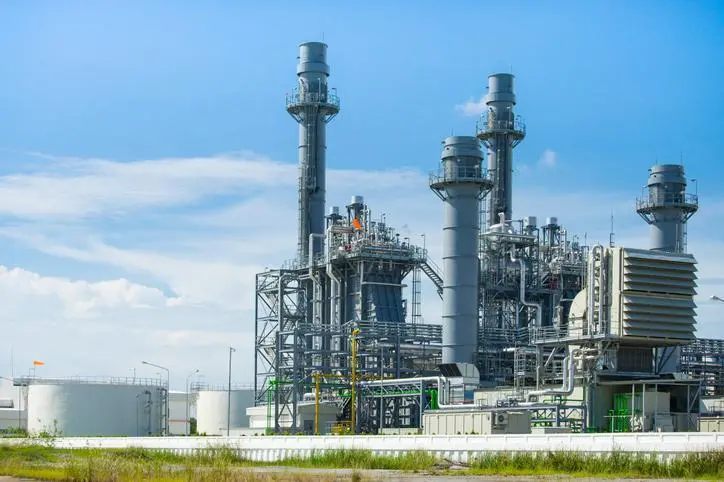PHOTO
Job numbers in the global energy sector surged in 2022 and exceeded pre-pandemic levels, as more investments poured into clean energy technologies, according to a new International Energy Agency (IEA) report.
Employment in the sector rose to 67 million last year, an increase of 3.5 million from the levels seen prior to the pandemic. More than half of the jobs added over this period was in just five sectors: solar PV, wind, electric vehicles (EVs) and batteries, heat pumps, and critical minerals mining, the Paris-based agency said.
The largest employer among the five sectors is solar PV, accounting for 4 million jobs. Employment levels were growing fastest in EVs and batteries, which added more than 1 million jobs since 2019.
According to the IEA, efforts to transition to clean energy have resulted in millions of employment opportunities around the world, but many companies are unable to fill the vacancies due to a shortage of skilled labour.
“The unprecedented acceleration that we have seen in clean energy transitions is creating millions of new job opportunities all over the world – but these are not being filled quickly enough,” said IEA Executive Director Fatih Birol.
In a survey carried out by IEA among 160 energy businesses around the world, companies cited that skilled labour shortages are a key barrier to ramping up their activities.
It was also found that the number of people pursuing degrees or certifications in the energy sector is not keeping pace with growing demand.
“This is particularly the case for vocational workers like electricians specialised for energy-sector work, as well as professionals in science, technology and engineering,” the report said.
Birol said governments, industry and educational institutions “need to put in place programmes to deliver the expertise needed in the energy sector to keep pace with growing demand, particularly to manufacture and build the clean energy projects necessary to meet our energy and climate goals.”
The UAE, which seeks to meet its climate and net-zero goals by 2050, had previously forecast that around 50,000 new jobs will be created by 2030 under the country’s clean energy drive.
(Writing by Cleofe Maceda; editing by Seban Scaria)





















